Does Ethyl Alcohol Actually Have a Smell?
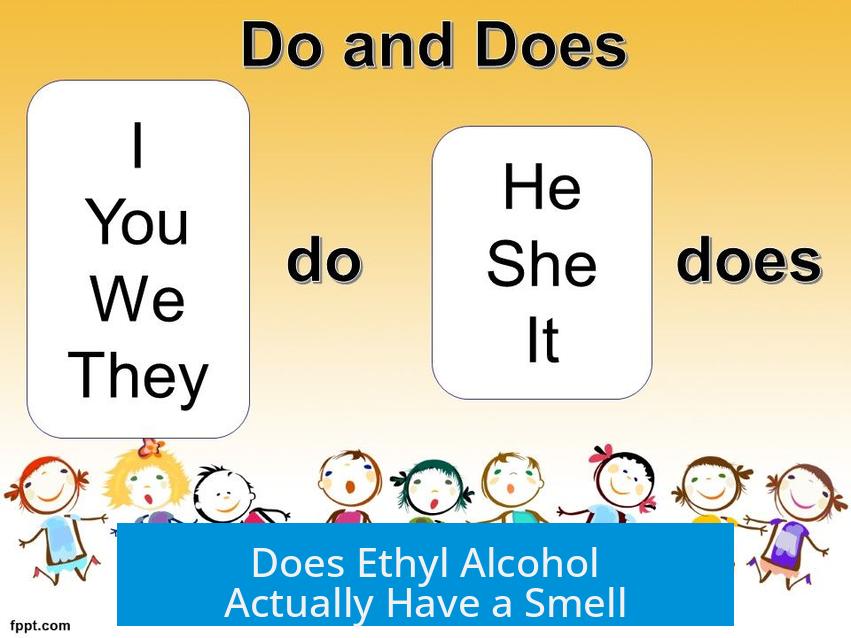
Ethyl alcohol, or ethanol, does have a distinct smell. This smell is recognizable yet faint and differs clearly from the burning or tingling sensation often experienced when it contacts skin or mucous membranes.
Characteristics of Ethanol’s Smell
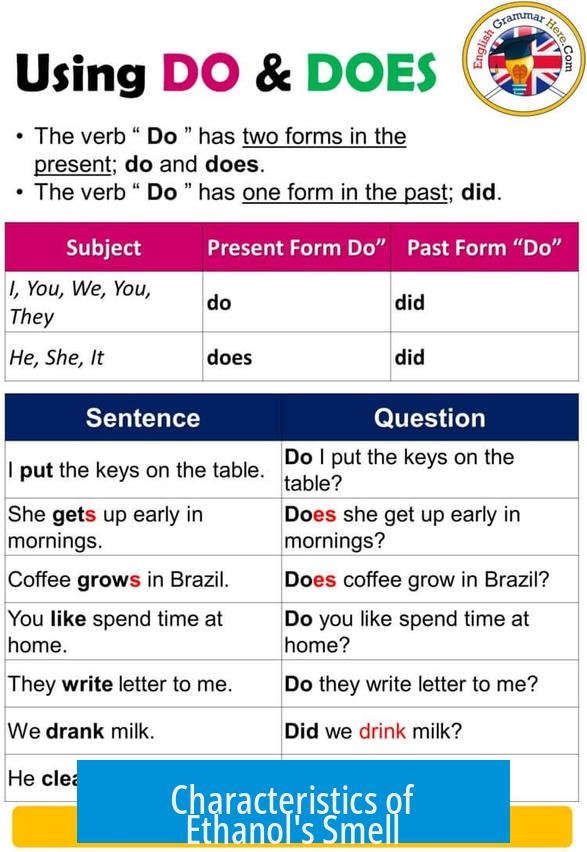
Ethanol emits a sweet, slightly pungent aroma. People often describe it as sweet and coppery—some compare it to the lingering taste or scent after consuming vodka.
- The smell is milder and sweeter than typical solvents like acetone or isopropyl alcohol.
- Unlike harsher organic solvents with strong chemical odors, ethanol’s scent is more subtle and less offensive.
- Its faint smell can be identified but is not overwhelming.
Distinction Between Smell and Burning Sensation
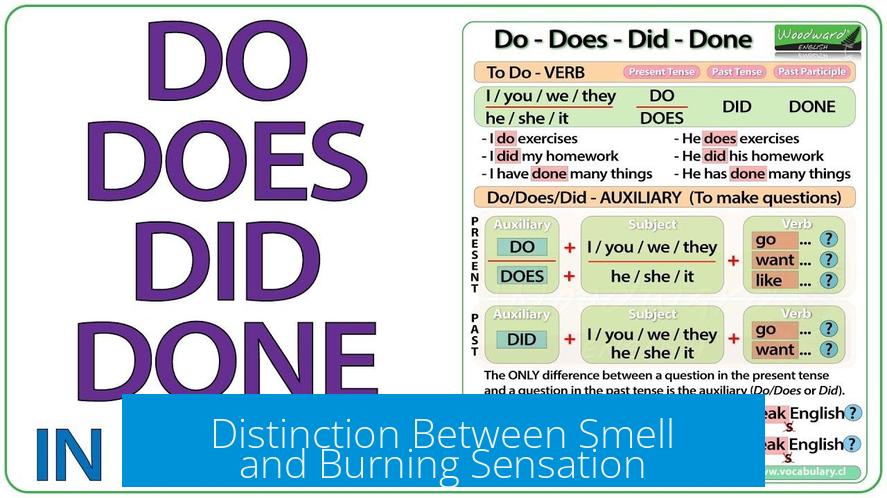
Common confusion arises between ethanol’s smell and the burning sensation it produces when ingested or touched. This burning is a neurological response mediated by the trigeminal nerve, rather than an olfactory one.
- The irritation or warmth ethanol causes is a mouthfeel, not an odor.
- Ethanol’s smell activates the olfactory system separately from the sensory pathways causing burning.
- Strong ethanol concentrations may also cause tissue irritation contributing to the burning feeling.
Comparison with Other Alcohols and Solvents

Compared to methanol, which has a dull chemical smell, ethanol’s scent is more distinctly sweet. Other alcohols, like isopropyl or propanol, have stronger and often more repelling odors.
| Alcohol Type | Odor Characteristics |
|---|---|
| Ethanol | Sweet, faint, slightly pungent |
| Methanol | Dull, chemical, harder to smell |
| Isopropyl Alcohol | Strong, pungent, antiseptic |
| Propanol | Repulsive, musky with longer carbon chains |
Practical Context and Experience

Those who work frequently with laboratory-grade ethanol confirm its characteristic scent. In industrial settings such as ethanol distilleries, the smell is noted clearly without eliciting burning sensations from inhalation. Methalated spirits, which include additives like bitrex, may have different odor profiles due to blending.
Key Points to Remember

- Ethanol has a faint, sweet, and slightly pungent smell.
- The burning sensation from ethanol is a neurological response, not related to smell.
- Ethanol’s odor is milder compared to other alcohols like isopropyl or propanol.
- People with experience in labs or industry easily identify ethanol’s distinctive scent.
Does Ethyl Alcohol Actually Have a Smell?
Yes, ethyl alcohol absolutely has a smell, one that is distinct and quite different from its well-known burning sensation. This fact might surprise some because when we think about ethyl alcohol (a.k.a ethanol), the first thing that comes to mind is its stingy burn rather than a smell. But trust me, that faint, sweet aroma is very much there if you know how to catch it.
Ethanol is a staple in labs, bars, and medicine cabinets worldwide. But does it have a unique scent? If you’ve ever taken a deep whiff of a vodka shot or a bottle of rubbing alcohol (yes, some rubbing alcohol is ethanol-based), then you’ve sniffed ethanol’s characteristic aroma firsthand. Let’s dig into what makes this simple molecule tick smell-wise.
The Sweet and Coppery Signature of Ethanol
Compared to other solvents or alcohols, ethanol’s aroma is subtly sweet and a bit coppery. Imagine the faint scent lingering in your mouth after one too many vodka shots—not the burn, but that underlying smell. It’s never overpowering but definitely there. Many chemists describe ethanol’s scent as “unique,” standing apart from stronger, harsher chemical odors like acetone or isopropyl alcohol.
In terms of odor, ethanol is gentle yet unmistakable. A big whiff delivers a sweet yet pungent vibe that doesn’t assault your nostrils. For those who handle solvents regularly, this subtle smell is easy to identify even at lower concentrations.
Smell Versus Burn: What’s Up With That?
The burn you feel when drinking or handling ethanol is different from its smell. That burning sensation? It’s a neurological response, meaning it’s your nerves reacting to the liquid’s chemical effects, not your nose trying to smell anything. Specifically, the trigeminal nerve activates, causing that warm or hot mouthfeel. Ethanol itself emits a scent, but this smell doesn’t cause any painful reaction.
Take a curious moment and place a drop on your tongue. You’ll feel warmth rushing from your mouth down your throat, but the taste—or rather smell—is faint, sweet, and non-burning. This difference matters because sometimes people confuse the spicy “feel” with a strong odor, but they’re not the same.
Standing Out in the Crowd: Ethanol Compared to Other Alcohols
Not all alcohols are created equal in the smell department. Methanol, for example, is much less noticeable and often described as “dull” or chemically bland. Meanwhile, isopropyl alcohol hits your nose like a ton of bricks—sharp and disinfectant-y, designed to repel rather than allure.
Normal propanol and butyl alcohols often carry repulsive or musky smells, far from ethanol’s relatively pleasant sweetness. Strange, huh? The addition of carbon atoms in these alcohol molecules tweaks their scent dramatically—from ethanol’s gentle sweetness to more overpowering or nasty odors in others.
This sets ethanol apart as one of the more “pleasant smelling” industrial alcohols, despite being a strong solvent and disinfectant itself.
Real Talk from the Experts and Everyday Users
People who work around ethanol daily confirm its scent. One customs officer who tested ethanol in a distillery notices its distinct aroma without any burning sensory interference. Another lab tech, frequently handling 95% ethanol for cleaning, swears by identifying its faint but real smell.
These firsthand accounts give credibility to ethanol’s aroma existence, even when its strength feels mild compared to other solvents. Plus, methalated spirits—ethanol mixed with substances like bitrex—have additional odors, but pure ethanol’s scent stays quietly sweet and coppery.
What Does This Mean for You?
Next time you smell something you think is alcoholic, pause and ask: “Is it the smell or the burn?” Ethanol offers a sweet hint rather than a chemical punch. This might help when you’re trying to detect contamination, quality of spirits, or simply understanding the lab chemicals you work with.
Are you that curious type who loves quirky chemistry trivia? Knowing ethanol’s odor can be the start of keen sensory detective work. Plus, it reminds us all that even simple molecules like ethanol have nuanced personalities.
Quick Tips: Detecting Ethanol’s Smell like a Pro
- Take gentle, short sniffs: Ethanol’s smell is subtle, so avoid deep inhalation that triggers nasal discomfort.
- Compare with other solvents: Smell isopropyl alcohol and acetone to appreciate ethanol’s sweeter, less harsh scent.
- Use context clues: Remember that burning throat sensation is not smell but trigeminal nerve stimulation.
- Practice responsibly: Be mindful that inhaling pure ethanol vapors can be hazardous; do it in a ventilated area.
Have you ever been fooled by the burn thinking it was a heavy smell? Or can you pick up ethanol’s faint “sweet” signature when others can’t? It’s these subtle distinctions that make chemistry so fascinating and sensory-rich.
Wrapping It Up: Why Does This Matter?
Ethanol’s distinct smell—sweet, faint, and coppery—exists but often goes unnoticed because its burn distracts us. It’s different from stronger smelling alcohols or solvents, making it unique in the scent world. Knowing this enriches your understanding whether you’re a scientist, bartender, or just a curious human.
So, next time someone says “ethyl alcohol doesn’t have a smell,” smile knowingly and remember: it definitely does, and it’s pretty special.
“Smell is the sense of memory, and ethanol’s smell tells a story sweeter than its burn.”
Does ethyl alcohol have a distinct smell?
Yes, ethyl alcohol has a distinct smell. It is often described as sweet and slightly pungent. The smell is different from the burning sensation it causes.
How does ethanol’s smell compare to other alcohols and solvents?
Ethanol smells sweeter and less harsh than solvents like isopropanol or acetone. Methanol has a dull, chemical smell, while ethanol’s scent is faint but noticeable.
Is the burning sensation caused by ethanol related to its smell?
No, the burning feeling is a nerve response, not a smell. Ethanol’s odor and its burning sensation are separate experiences.
Can ethanol’s smell be easily identified in high-purity forms?
Even in lab-grade or 95% purity, ethanol still has a faint but recognizable smell. It does not lose its characteristic scent in these forms.
Why does ethanol sometimes smell sweet or coppery?
The sweet or coppery notes come from ethanol’s unique chemical structure. This differentiates it from other alcohols and solvents, which often have more harsh or repulsive odors.


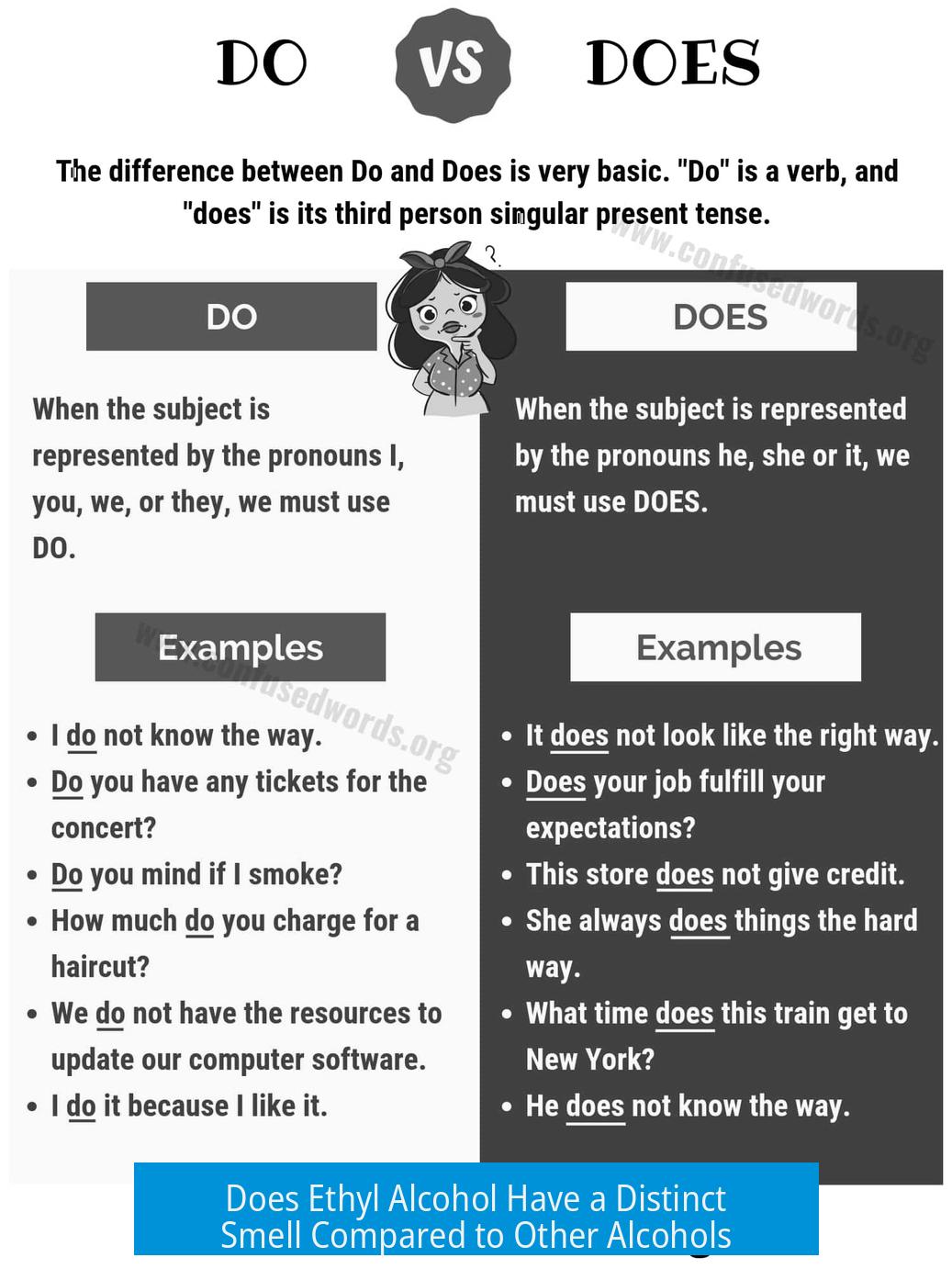
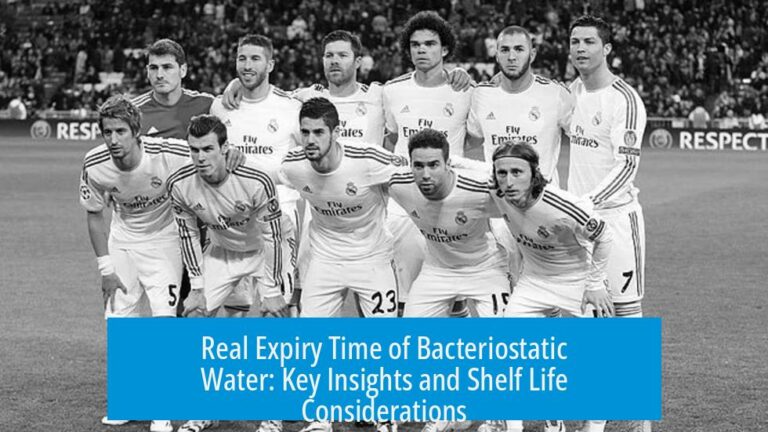
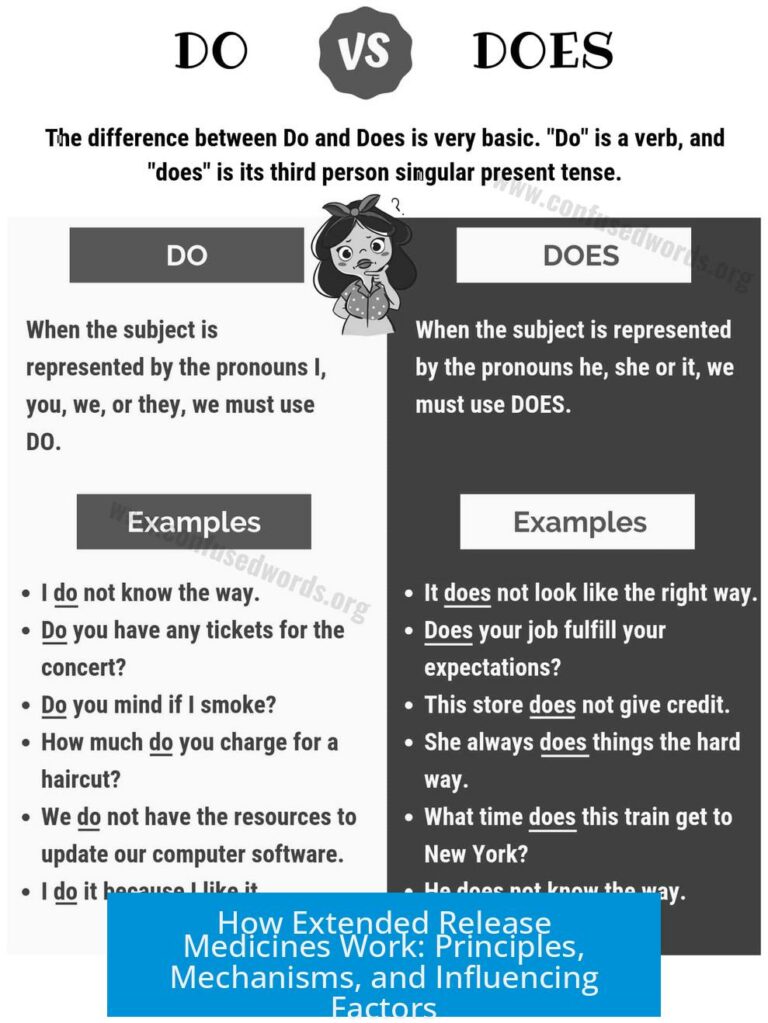
Leave a Comment